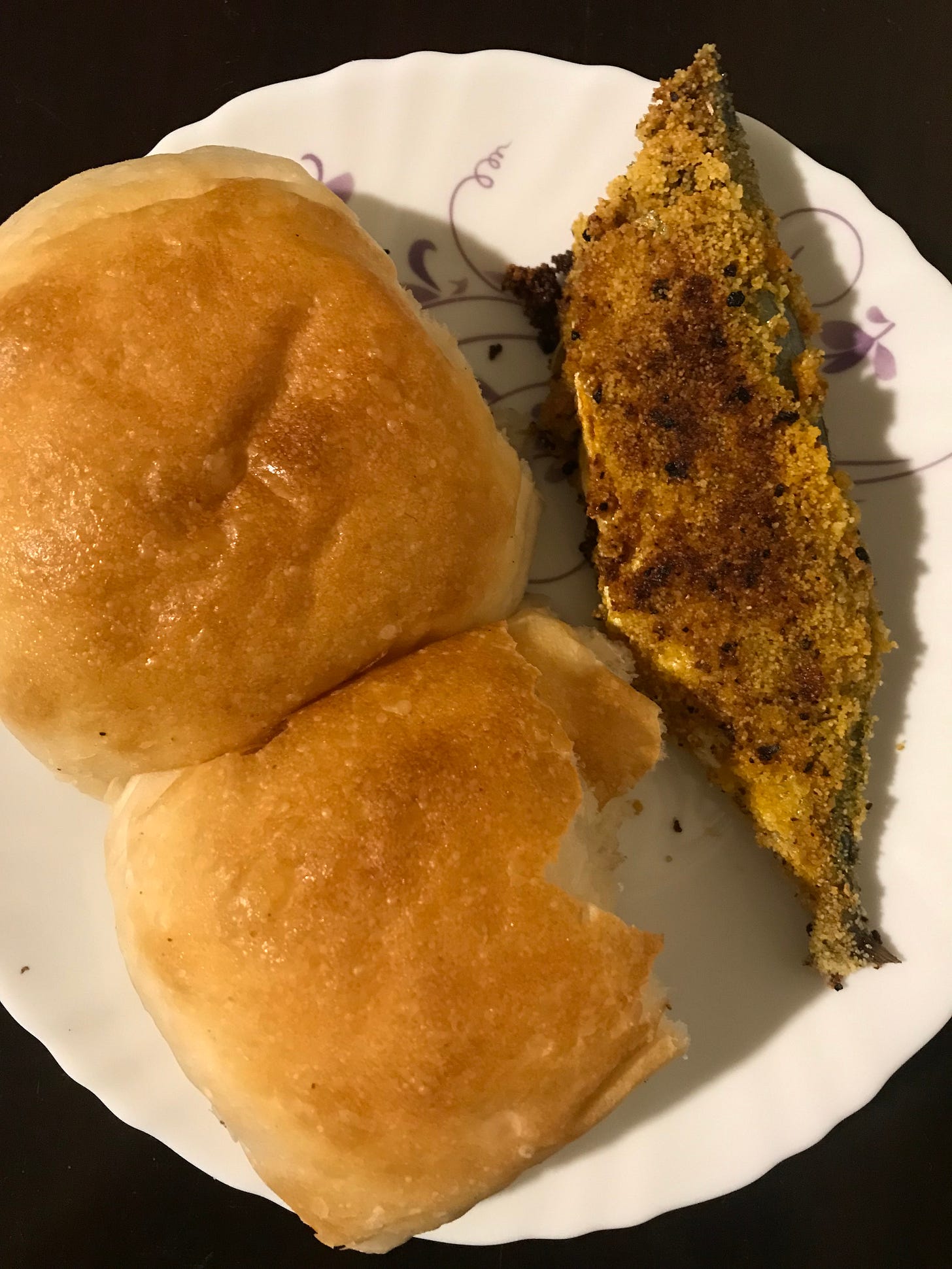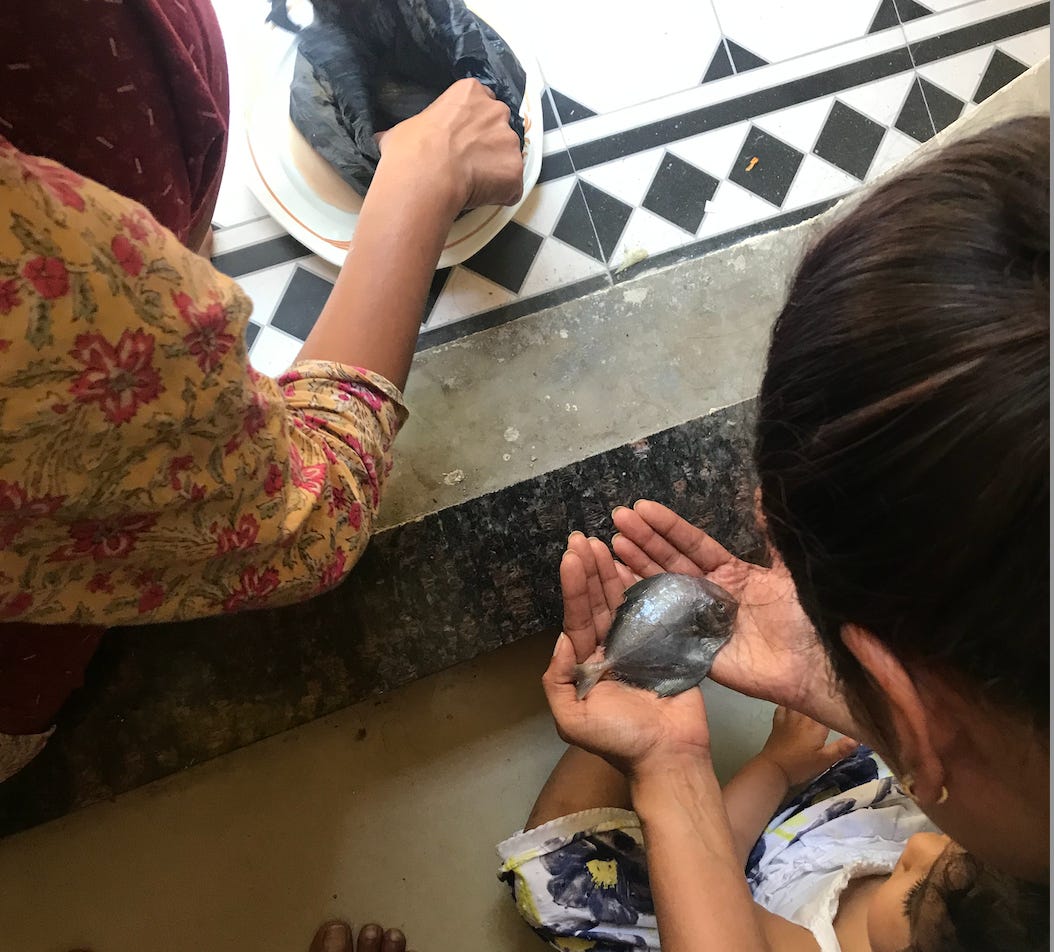The other day, I decided to make rajma chawal for lunch. I had soaked the rajma- red kidney beans- the previous night, and I was determined to use up an avocado that I was really worried had begun to rot. I wanted to make rajma chawal with guacamole. You know, burrito bowl in Mexican cuisine? Same thing. I was also sure to add a tin of refried beans to the dish, because I didn’t know what else to do with them. Nobody would find out. Refried beans and kidney beans, in my mind, are the same thing.
I decided to find a recipe of Delhi style rajma chawal, despite knowing that following recipes for me is quite a task. Recipes and I don’t exactly get along, we are not friends. Consider this, I have never known at what point a recipe enters my recipe collection notebook. I write a recipe in beautiful hand in my book only to find that the recipe is a dud. At that point, I wonder if I should just tear off the page or cross the recipe out. There is also another problem that compounds the recipe making its way to my book- I never really stick to instructions. I make several changes to the recipe as I go along, and in the end, I am not entirely sure, if I changed the half teaspoon to a full, or substituted cinnamon for nutmeg (same thing!). I am at a loss then- how do you find a recipe which is you best friend. A friend you can always rely on, introduce to others at parties, know them exactly, and write about them in your favourite notebook.
Recipes you trust are those that got made in your kitchen, by your elders, when you were a child. It’s those that you saw- with all the tips and tricks- that are never told, but only performed, for those close enough to see and thus close enough to eat. It’s those that nobody details out, but you can recreate and correct by smelling and seeing. Those recipes that are written in your bones, that are imprinted in your psyche, and those you take for granted. You grow with these recipes, like your childhood friends.
And maybe that’s why, when I see recipes being shared by 29-year-old YouTubers, I am immediately suspicious. I am skeptical of their sources. Are these stolen? Appropriated without credit? And why are they interested in these dishes in the first place? Are these trendy? Do they really have memories of these dishes or are they doing it for views? Besides, you don’t get to be from Delhi and teach me how to make bangda curry, Goan style. I am not from Goa babe, nor are you. Stay in your culinary lane.
But I did think I could make these dilli wale rajma chawal using the recipe of this 29- year-old Youtuber, who I later found out, much to my shame, grew up in Bombay. But I am also happy to trust a fish dish coming from a Malad boy, even though his family has roots in Punjab. I watched the rajma recipe just about once and half expected to follow it. I cannot take instructions from a man, even if he is from Malad. I boiled the beans in just as much water as I was told by another YouTuber Chef, an elderly woman probably in her 60s, and two million followers. I had used her recipe to make matra kulcha, which turned out exactly how matra kulcha should be. The Malad boy’s recipe called for slightly more water, which frankly was too late for me to follow, as I had already put the whistle on my pressure cooker. The boy’s recipe began and had multiple steps. Laborious recipes are those that you get paid to make. He had neatly sliced onions, cream coloured ginger garlic paste that was glossy with specs of green from the chilly, tomato puree that was glistening red- all signs that he had multiple assistants who had helped him prep. My onions, on the other hand, were unevenly sliced, my ginger-garlic-chilly was tinged red from the tomatoes I had pureed earlier in the same mixer jar. My tomato puree was a pale red, almost pink. I have no assistants and was ready with multiple short cuts. I don’t trust people with such perfectionism in the kitchen anyway.
My mother cooked every single meal for us, by throwing things in together, perfectionism be damned. She would pack lunches for us in the morning and we would come home both as children and adults from school or work, and make our way to the kitchen to see what was ready for dinner. My mother, I suspected, did not really like to cook although she was great at it. I never told her. She never had assistants, she never asked us to help out. Our kitchen was tiny, typical of Bombay homes. The social life of the middle class was designed by the builders of the city. There was no space to hang out in the kitchen when my mom would cook. She would shoo us out. I didn’t really get to stand on the side of the counter to watch and learn. She would see recipes on television but do her own stuff. I knew because the names of the dishes were all different but they essentially tasted the same. She started with flair but had stuck to what was most familiar. The apple doesn’t fall far away from the tree, and in this case, there was only so much space in the tiny kitchen for the apple to roll.
This act was then written in my bones, imprinted in my psyche and one I took for granted- you never follow recipes. You never do as you are told. You never walk on someone else’s path. You follow your instinct. You listen to your own voice. Whether that’s when you are making a dish, wearing an outfit, or thinking a thought.
I opened the lid of the vessel in which the rajma curry was bubbling away. I checked how it was and added some finishing touches. It had turned out ok. Not quite there, not how I wanted it. I had followed the recipe.






You should write a book!
Another amazing read, Fiona. Evokes several emotions all at the same time - nostalgia, righteous indignation, repression....and ultimately, a sense of completion!